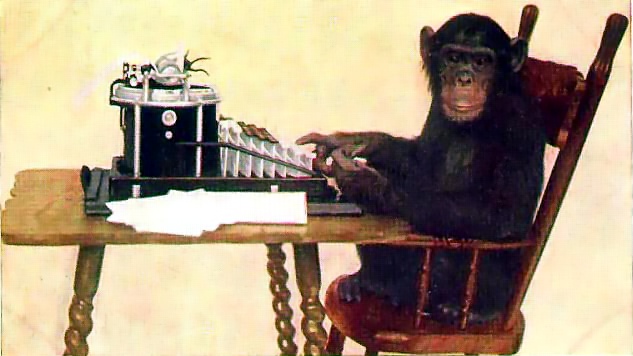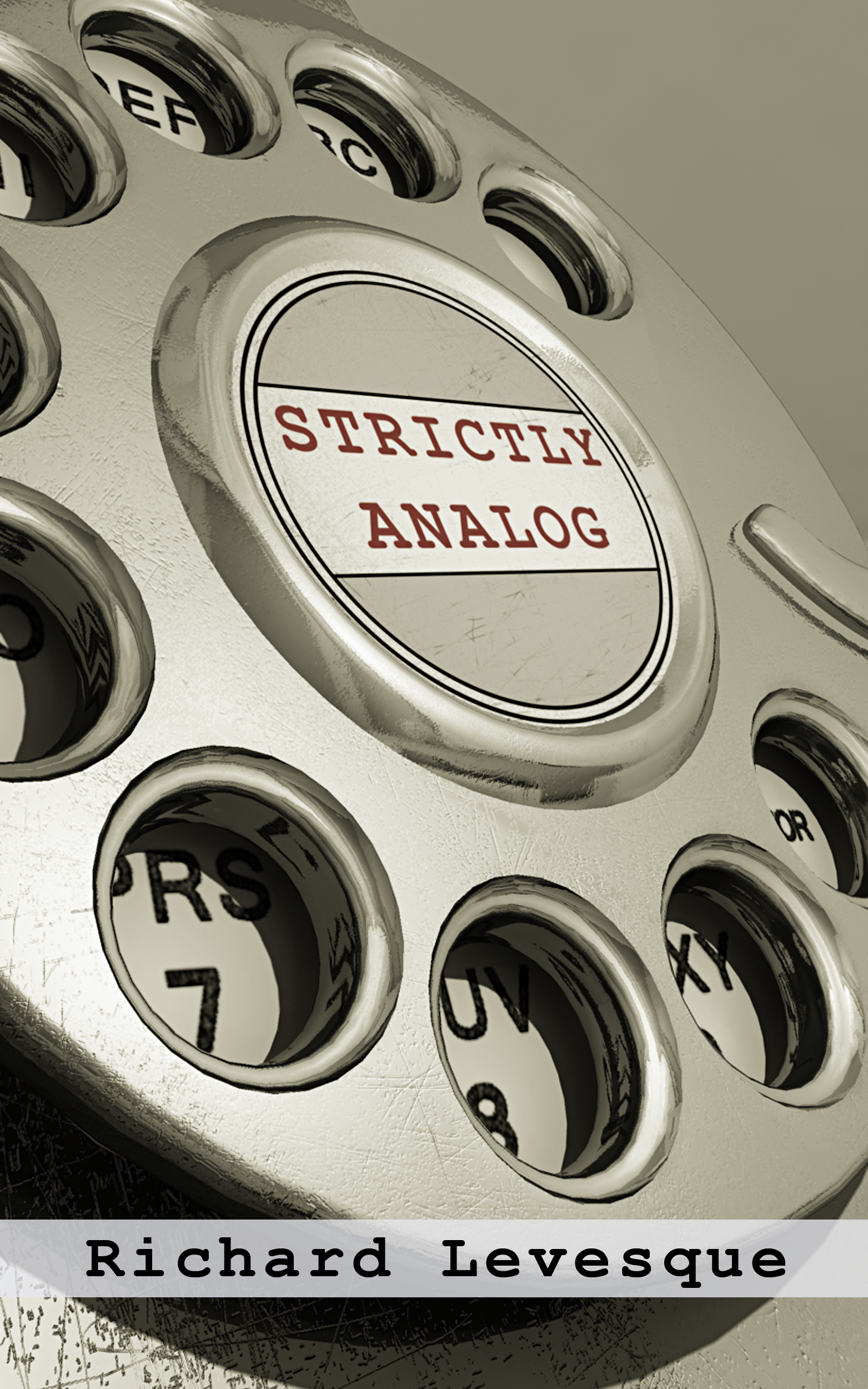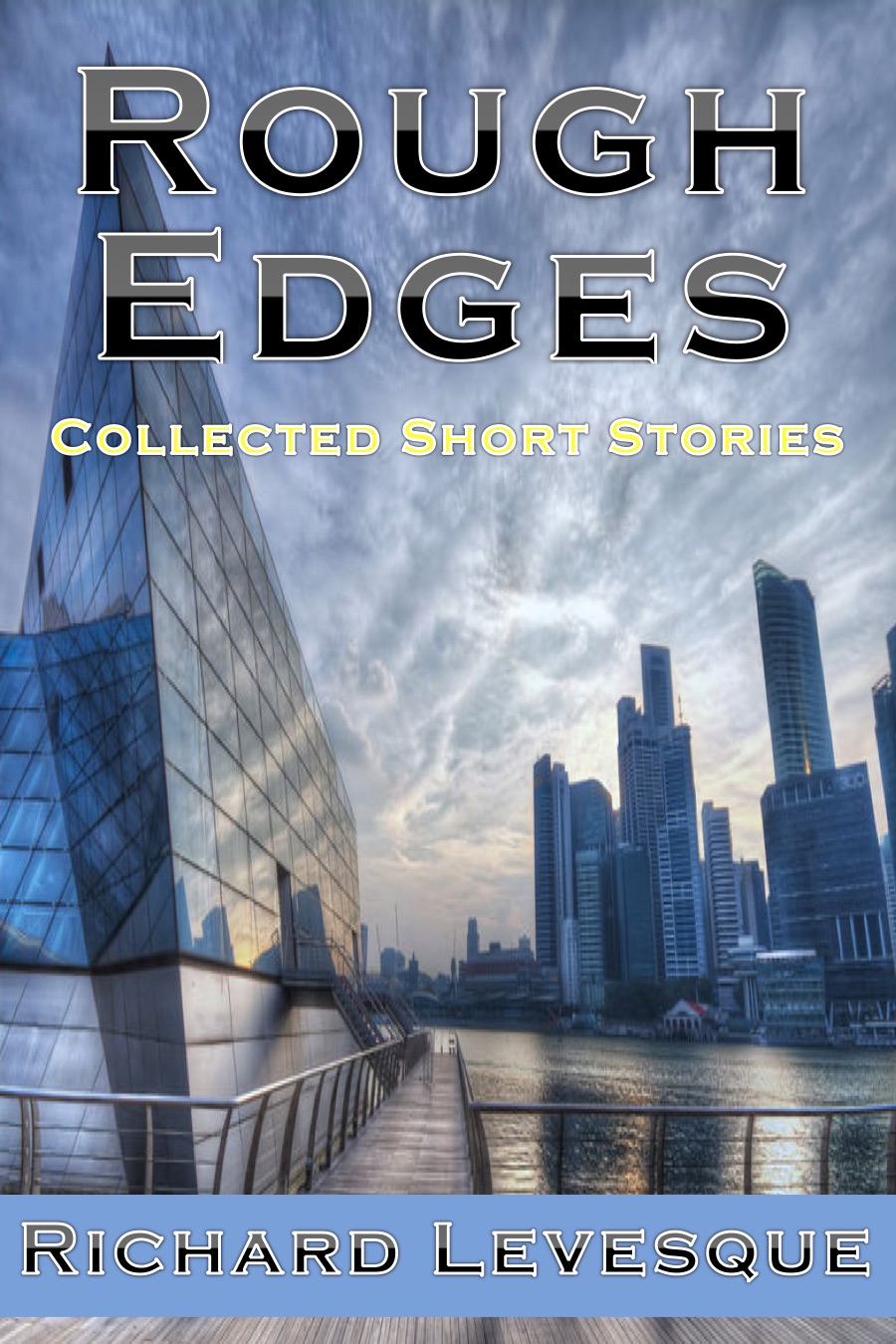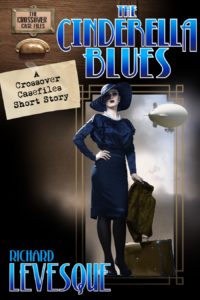Too Close, Too Comfortable
 Whenever it’s time to start talking about the art of revision with my college writing students, I usually begin by saying if they want to revise effectively they first need to put some distance between themselves and what they’ve drafted. Being too close to one’s material often causes a writer to see it for what he or she thinks it is rather than for what it really is. This accounts for students omitting words, repeating words, or failing to see that they’ve written the wrong word. I forget the context, but I once had a student who wanted to write the phrase “sex with your partner” but instead wrote “sex with your parent.” Eeew. That student could have benefited from a little distance; a few days between drafting and revising would have allowed the writer to see the words as they were, not what they were supposed to be.
Whenever it’s time to start talking about the art of revision with my college writing students, I usually begin by saying if they want to revise effectively they first need to put some distance between themselves and what they’ve drafted. Being too close to one’s material often causes a writer to see it for what he or she thinks it is rather than for what it really is. This accounts for students omitting words, repeating words, or failing to see that they’ve written the wrong word. I forget the context, but I once had a student who wanted to write the phrase “sex with your partner” but instead wrote “sex with your parent.” Eeew. That student could have benefited from a little distance; a few days between drafting and revising would have allowed the writer to see the words as they were, not what they were supposed to be.
I recently ran into a different sort of problem with my own writing. It wasn’t a misused or omitted word (although I’ve had plenty of those show up long after a book’s been proofread, edited, and published). No, it was more a case of misused tone and emphasis. And it wasn’t in a book or story, but rather in the blurb for my novel, Strictly Analog.
I should start by saying that copy writing is not my strong suit. I really, really dislike it. The same was true of synopsis writing in the days of trying to land an agent. Ick. Having to condense a whole book into a few paragraphs, making it sound compelling without giving too much away, convincing someone to buy or read the book when there are so many other choices out there…talk about pressure.
The downside to being an indie writer is that I have to do all of this myself. No publisher’s budget with a section for copy writing and advertising. The advantage, though, is that if there’s a mistake, I can fix it, and quickly. No waiting for the next print run. I can just go into my Amazon account and tweak the blurb to my heart’s content.
 If you haven’t read Strictly Analog, let me say that it’s something of a hybrid, blending dystopian science fiction and hard-boiled noir-style mystery. It’s about a private detective in a near-future California that’s run by a high-tech corporation and where just about everyone–except the hero–is constantly plugged in to the technology that runs society. When his daughter is accused of murdering her boyfriend–an agent with California’s Secret Police–the protagonist has to drag himself out of the virtual hole he’s been in for years in order to save her.
If you haven’t read Strictly Analog, let me say that it’s something of a hybrid, blending dystopian science fiction and hard-boiled noir-style mystery. It’s about a private detective in a near-future California that’s run by a high-tech corporation and where just about everyone–except the hero–is constantly plugged in to the technology that runs society. When his daughter is accused of murdering her boyfriend–an agent with California’s Secret Police–the protagonist has to drag himself out of the virtual hole he’s been in for years in order to save her.
I think of the book primarily as science fiction, but with a plot involving mystery and a tone reminiscent of old hard-boiled detective novels and films. Think The Big Sleep in a high-tech dystopia. It’s science fiction not just because it’s set in the future but because the murder and the case’s solution are linked integrally to future technology and because the novel uses its characters and futuristic plot (including the murder mystery) to comment on today’s social and technological trends. It uses mystery as a catalyst, but that doesn’t make it a mystery per se. I wouldn’t expect military science fiction to be placed on the same shelves as military fiction, nor would I expect humorous science fiction (say, Hitchhiker’s Guide) to be on the “Humor” shelves. Yes, the book is a hybrid, but I’m sure that anyone who reads it would still see it predominantly as science fiction in the same way most viewers wouldn’t confuse Blade Runner (or at least the original voice-over edit) with mystery even though there are cops and missing “persons” and some big questions for the protagonist to answer.
So imagine my surprise to find Strictly Analog listed with mystery books on a site that I was using for a promotional campaign. The person running the site was apologetic and is making it up to me, but explained that the book’s blurb made it sound like contemporary mystery rather than science fiction, adding that one reviewer compared the book to those of Lee Child and James Patterson.
No way, I thought and went back to the blurb. It screamed science fiction at me. But then I asked other people’s opinions, mostly in writers’ groups on Google+. And just about everyone who commented said they thought the book was a mystery. Aarghh!
Looking at it more objectively, I saw where they were coming from. Words like private detective, murder, case, etc. were scattered throughout the blurb. And while it clearly said “future California” in the first line, if someone were just skimming the blurb, the word future wouldn’t be enough to sound the science fiction alarm. One person pointed out that the the future technology referenced in the blurb wasn’t that far ahead of where we are now, so it was easy to focus more on the mystery elements of the blurb than the SF elements.
I couldn’t believe it. The blurb’s been out there that way since last September. “You idiot!” I shouted at myself in my best Peter Lorre imitation. I’d been too close to the book, too close to the blurb. I may as well have written “sex with your parent.” How could I have not have seen it?
The answer is that there’s a learning curve here, and every now and then I wipe out on it. Writing I’m good at. Marketing I’m just figuring out.
Needless to say, I went back into the blurb and fixed it, doing more to emphasize the science fiction elements of the story. You can read the blurb here. I’d be interested in hearing if it grabs your attention or not. But please, if you think maybe it’s a Western now, or Chick Lit, or an erotic bondage thriller…keep it to yourself. There are some things I’d rather not know.
Blade Runner blurbs books California dystopia dystopian science fiction Google+ Hitchhiker's Guide to the Galaxy indie publishing James Patterson Lee Child Mystery Peter Lorre revision Science Fiction science fiction novel Strictly Analog The Big Sleep Writing







4 Responses
It is hard to get that distance (time) from the writing in this bloggy, bloggy world. The blurb is improved, but still reveals too much of what is enjoyable for the reader to find out on his own. To be fair, I think this of most blurbs. Maybe all blurbs.
I’m on Take Back Tomorrow now-really enjoyed Strictly Analog and I tend to think of these books as a genre of their own. Keep ’em coming!
Thanks, Jaye. Maybe that’s my problem–my books are their own category and people (myself included) keep trying to pigeonhole them. Thanks so much for moving on to Take Back Tomorrow. I’ll be very interested to hear what you think when you’re finished.
I’m actually half way through the book and actually don’t think of it being much SciFi, the detective story is the primary driver of the story, in my opinion. I would even go so far and say, that the tech stuff could be easily omitted and the story would still work.
But as promised earlier, I will review it, as soon as I’m through. I had a few distractions in the recent past, so sorry for the delay.
That’s really interesting to hear. I wonder if you’ll still feel the same way when you’re finished. Either way, I’m grateful for your support. Thanks for getting in touch.
Comments are closed.